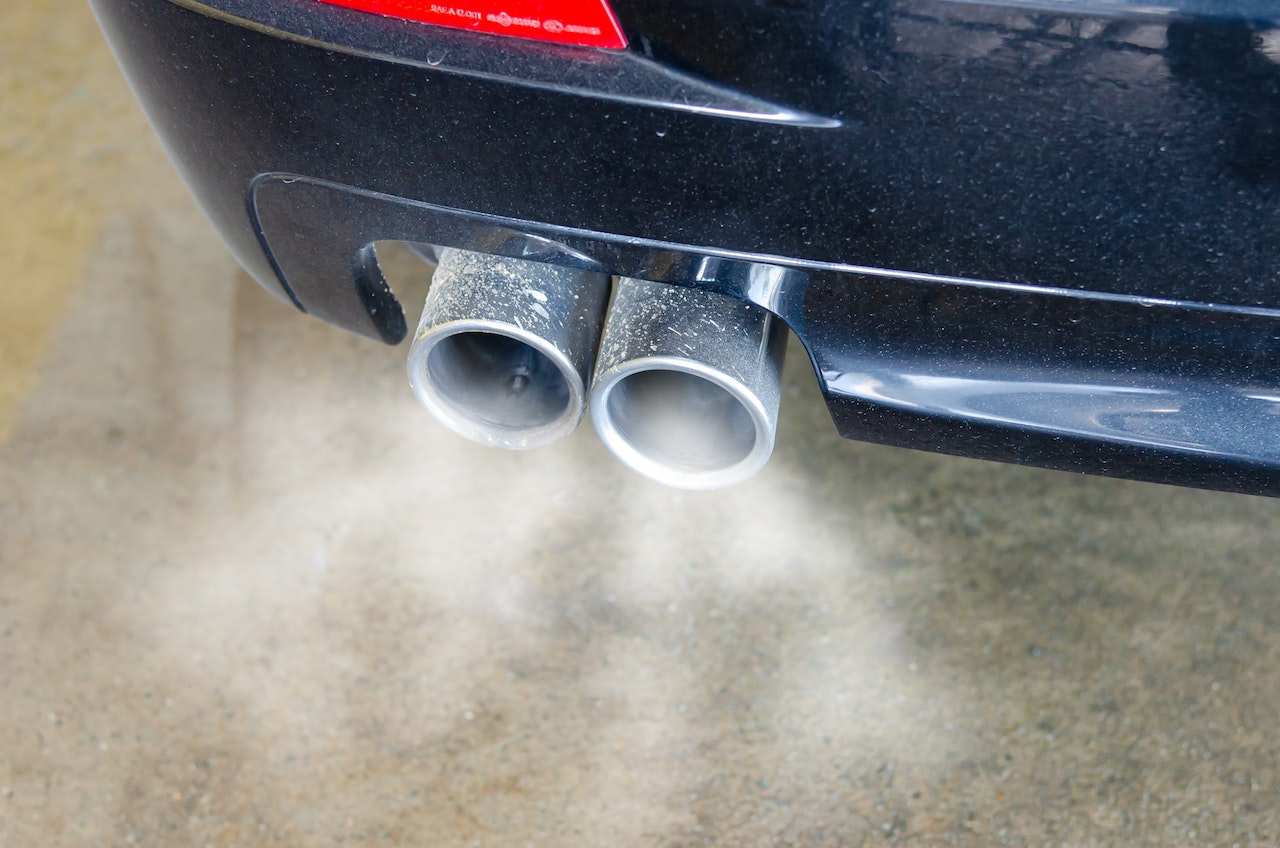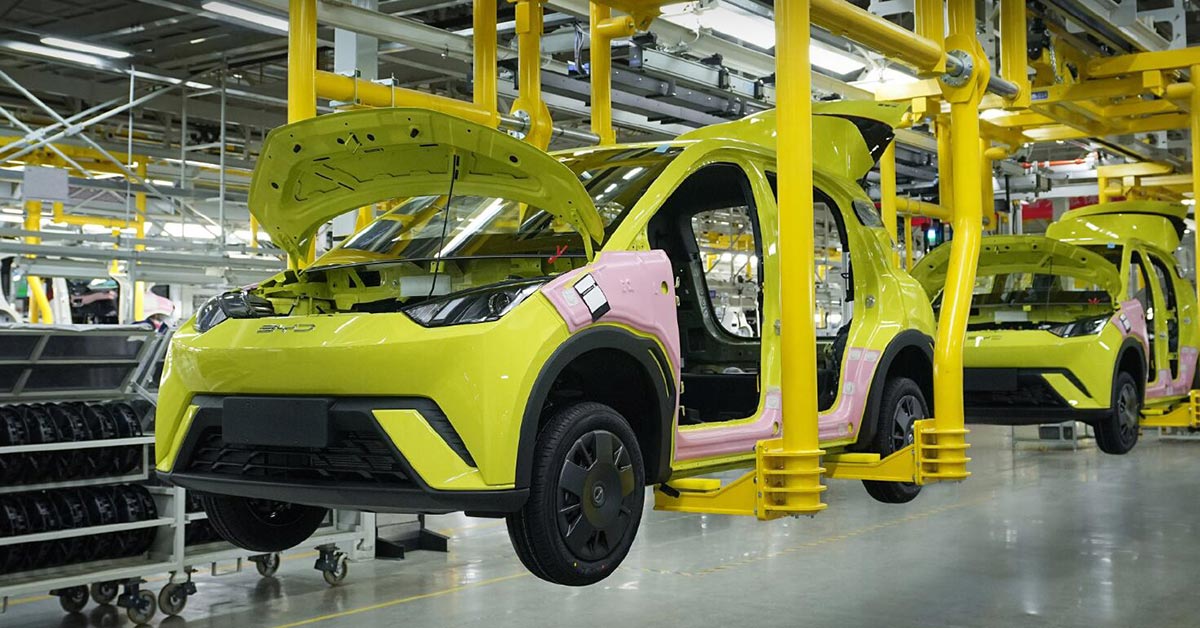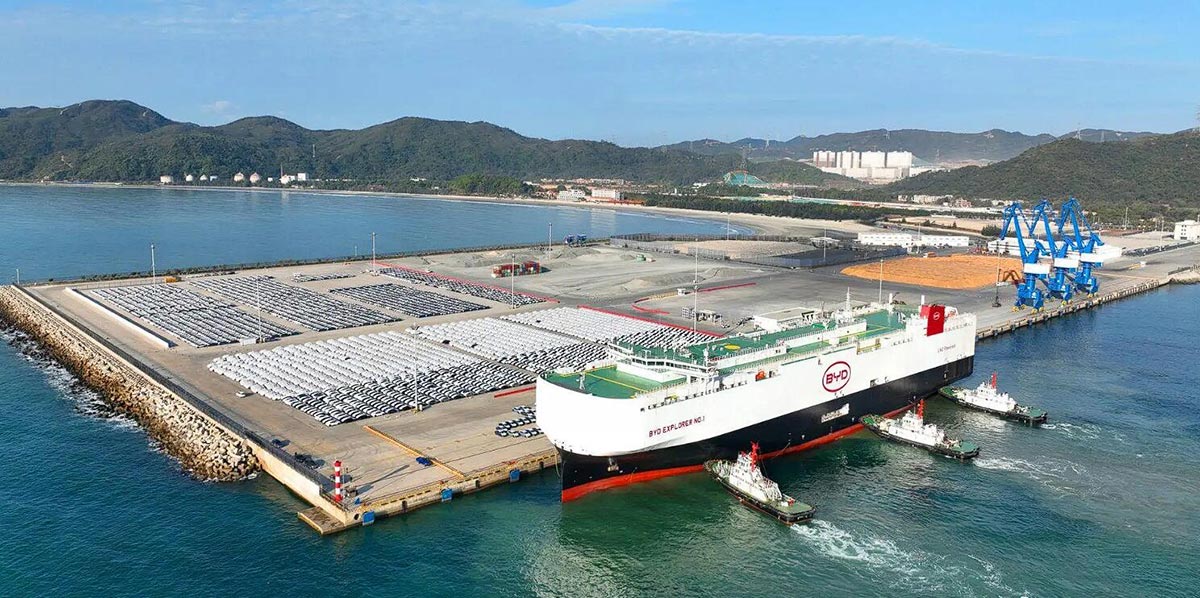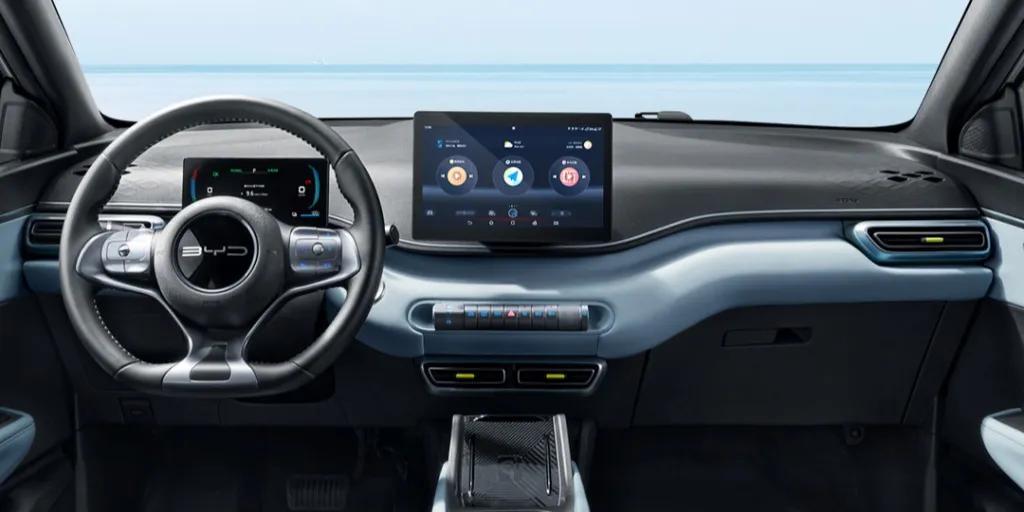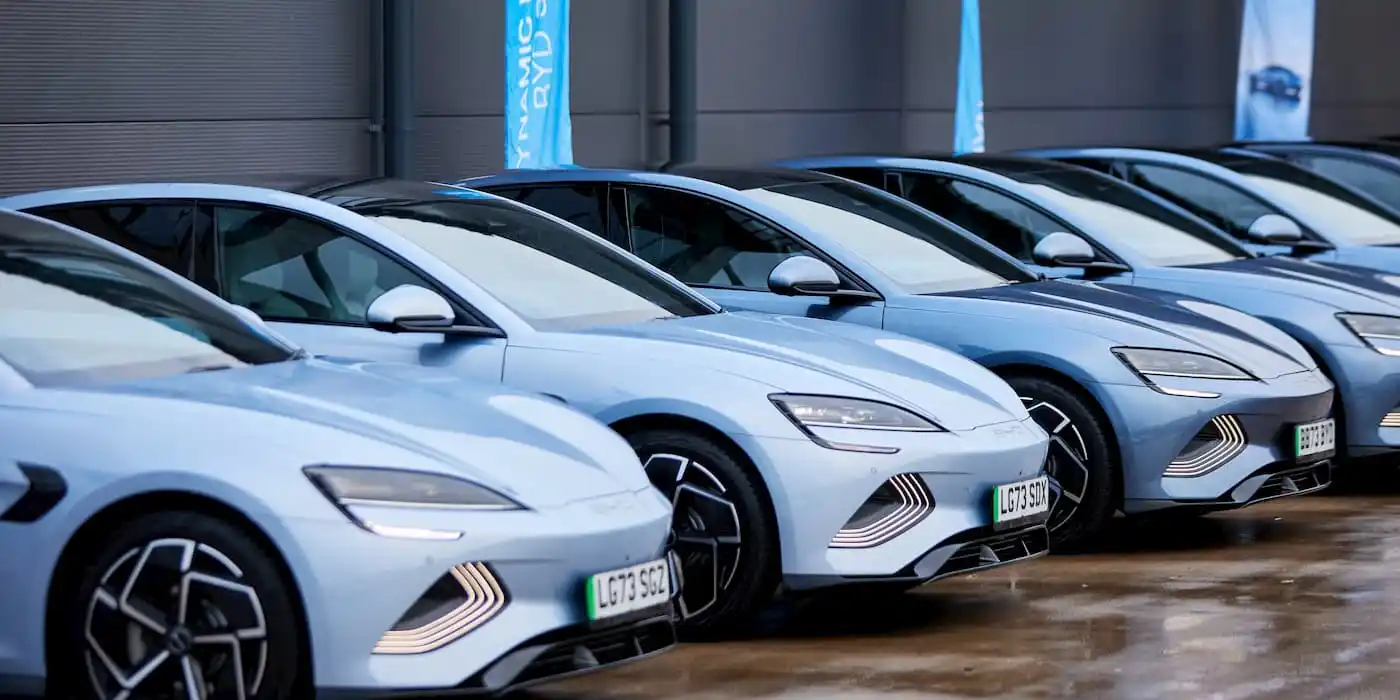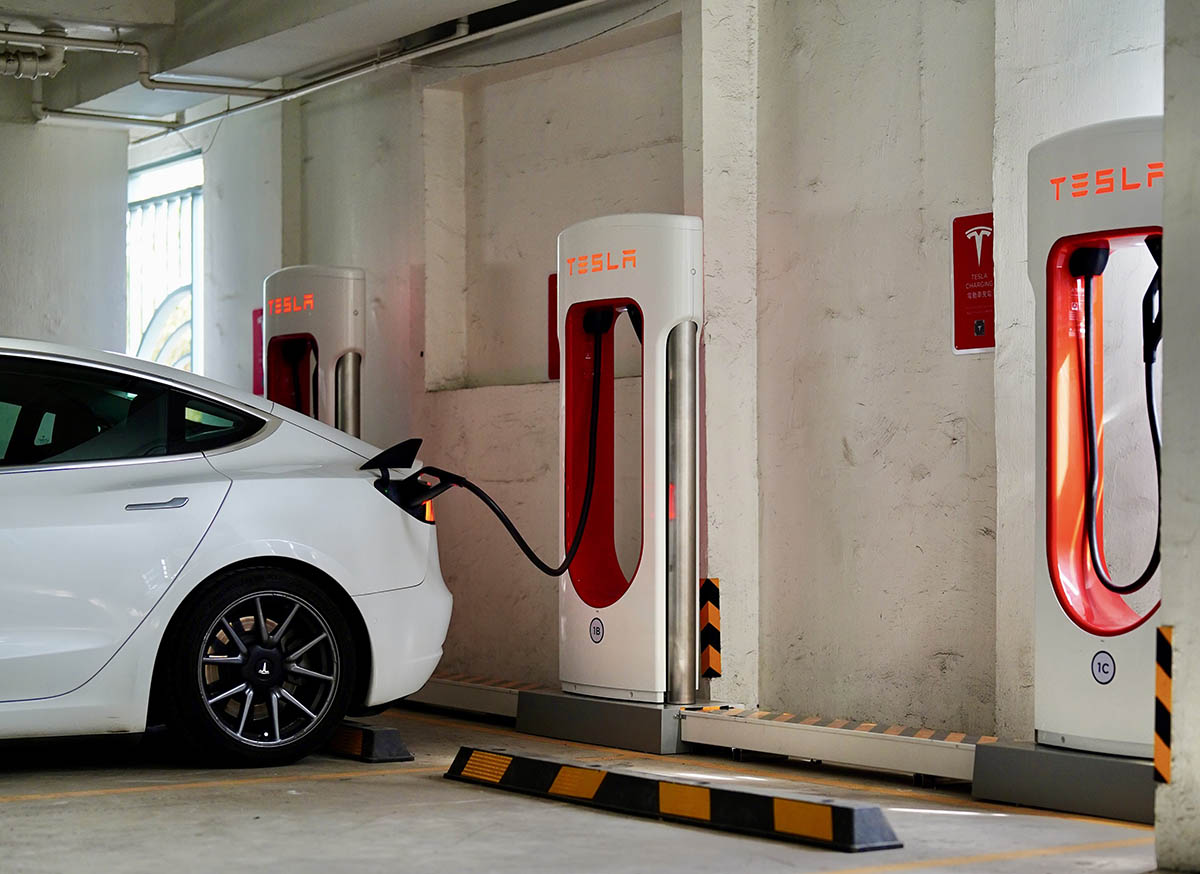The U.S. Environmental Protection Agency (EPA) has approved California’s ambitious plan to phase out the sale of gasoline-only vehicles by 2035, a move hailed by environmental advocates but likely to face legal and political challenges.
EPA Administrator Michael Regan granted a waiver under the Clean Air Act, allowing California to enforce its regulations requiring that by 2035, at least 80% of new vehicles sold in the state be fully electric and up to 20% be plug-in hybrid models. California’s rules, initially unveiled in 2020, have already been adopted by 11 other states, including New York, Massachusetts, and Oregon.
“Clean cars are here to stay,” California Governor Gavin Newsom said in a statement, emphasizing the state’s role in driving innovation. “Naysayers like President-elect Trump would prefer to side with the oil industry over consumers and American automakers, but California will continue fostering new innovations in the market.”
The EPA also approved California’s low-nitrogen oxide (NOx) regulations for heavy-duty vehicles, with six additional waivers still under review. The plan is expected to significantly reduce greenhouse gas emissions and smog-forming pollutants, which California views as critical to meeting its climate targets.
Automakers and trade groups have expressed concern about the new mandates. The Alliance for Automotive Innovation, representing companies like General Motors, Toyota, and Volkswagen, warned that the requirements could impose significant challenges. “Achieving the sales mandates under current market realities will take a miracle,” the group said, adding that “there needs to be balance, and some states should exit the program.”
California’s regulations mandate that 35% of vehicles in the 2026 model year be zero-emission, climbing to 68% by 2030. However, industry representatives argue that infrastructure and consumer demand in many states may not support these targets.
The plan’s approval comes amid uncertainty as President-elect Donald Trump has pledged to revoke California’s waiver and eliminate federal EV tax credits. Newsom, in response, has proposed introducing a new state-level rebate program if federal incentives are withdrawn.
The Supreme Court recently agreed to hear a case from fuel producers challenging California’s 2022 waiver for vehicle emissions rules, a decision that could have broader implications for the state’s regulatory authority.

